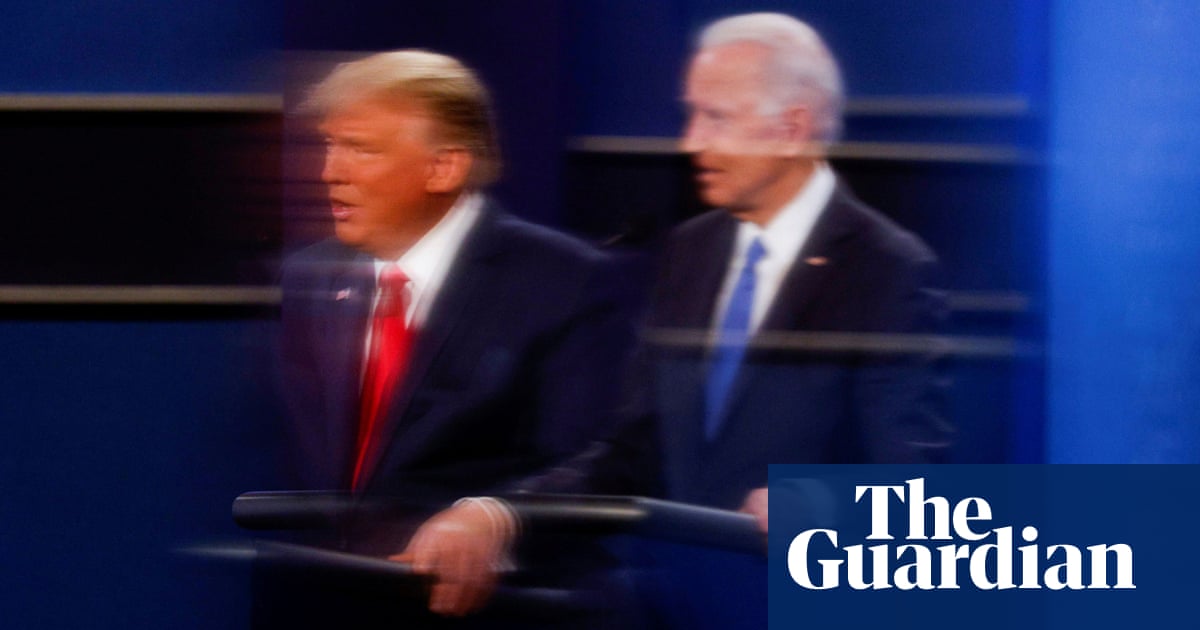
Joe Biden viewed the Asia-Pacific region as key to his foreign policy when he took office as president in 2021. However, the crisis in Gaza and the wider Middle East since late 2023, and Russia’s invasion of Ukraine in 2022, has shifted his administration’s focus in consequential, unexpected ways.
The fact that the Middle East remains uppermost in the minds of the Biden team was once again illustrated when US Secretary of State Antony Blinken cut short by a day a recent trip to Asia so that he could be present at a White House meeting between Biden and Israeli Prime Minister Benjamin Netanyahu on July 25.
Nonetheless, with about six months remaining in office, Biden and Blinken still seek to craft a foreign policy legacy in the vast Asia-Pacific arena.
It was regarding this, and reassurances about US commitment to the region, that Blinken engaged with allies during his recent trip to the region. The Biden team’s achievements include the development of deeper partnerships across the region since 2021, including with India, Japan, Australia, South Korea, and the Association of Southeast Asian Nations.
Moreover, in October 2021 Biden said the US on his watch would defend Taiwan if China attacked, which was an apparent departure from Washington’s long-held foreign policy position of “strategic ambiguity” on this issue. While the White House asserted there had been “no change in our policy,” Chinese President Xi Jinping complained the US was seeking “all-around containment, encirclement, and suppression against us.”
This was the context that shaped Blinken’s trip last month. It was his 18th to the region since taking office in 2021 and took place very soon after Biden’s withdrawal from the 2024 presidential race. The overall stated goal of the visit, which might be his last as secretary of state, was “advancing a free and open” Asia-Pacific.
There was also a great need to offer reassurances about US policy on the region under the next president. Allies in Asia have significant concerns about what a second Trump presidency might bring, not least because while he was in office between 2017 and 2021 he indicated that the six-decade-long US military presence in Japan and South Korea might be reduced or eliminated entirely.
The Biden team, meanwhile, has plans to establish in Japan a new Joint Force Headquarters for the almost 55,000 US military personnel stationed there. This is proposed as a counterpoint to Japan’s planned Joint Operations Command for its own armed forces.
Blinken’s visit in July, his longest tour of the region as secretary of state, encompassed visits to six countries. It began in Laos, where he attended the annual ASEAN Regional Forum alongside the foreign ministers of ASEAN member states and regional powers such as China, Australia, Japan, Russia, South Korea, and India.
With about six months remaining in office, Biden and Blinken seek to craft a foreign policy legacy in the vast Asia-Pacific arena.
Andrew Hammond
He then headed to Vietnam to offer condolences following the death of communist leader Nguyen Phu Trong. Last year, Washington and Hanoi upgraded their ties to the level of a comprehensive strategic partnership. Moreover, US Treasury Secretary Janet Yellen has proposed Vietnam as a “friendshoring” destination to help diversify US supply chains away from China in advance of a pending US decision that would potentially upgrade Vietnam to “market-economy status.”
Blinken also visited Tokyo, where he and US Defense Secretary Lloyd Austin held “2+2” talks with their Japanese counterparts, during which they concluded that China’s “foreign policy seeks to reshape the international order for its own benefit at the expense of others.” They also took part in a meeting of the so-called “quad” nations, with their Japanese, Australian, and Indian counterparts.
Austin also joined Blinken in the Philippines for more “2+2” talks, given that Manila, like Tokyo, has a mutual defense treaty with the US. The final two important stops on the tour were Singapore and Mongolia.
All this activity reinforces the fact that Biden and Blinken have not lost sight of their longer-term ambition to intensify the US “pivot” toward the Asia-Pacific region. This, despite the fact that Biden’s greatest international legacy as president might be his determined defense of Ukraine, and his wider statecraft that has helped to strengthen the fragile Western alliance.
While Russia remains the main immediate threat to Washington’s security interests, this has done little to alter the administration’s view that Beijing remains the paramount, longer-term challenge.
In Laos, Blinken reiterated this point to his Chinese counterpart, Wang Yi, and expressed specific concerns about Beijing’s “destabilizing actions” in the South China Sea, through which trillions of dollars of shipborne trade passes each year to destinations including the Philippines, which since the election of President Ferdinand Marcos Jr. in June 2022 has moved toward closer relations with the US.
Blinken also criticized China’s extensive support for Russia’s defense-industrial base, which NATO leaders recently said in a joint statement had been a “decisive enabler” of Russia’s war against Ukraine. The US and Europe have in recent months accused Beijing of sending large amounts of dual-use goods to Moscow, and have sanctioned businesses in Hong Kong and mainland China.
Blinken’s meeting with his Chinese counterpart also followed the recent interception by North American Aerospace Defense Command of two Russian and two Chinese bombers close to Alaska. It was the first time aircraft from those nations had been spotted in the area operating in a coordinated fashion.
Taking all of this together, the next six months might therefore prove to be one of the most important periods in the recent history of the Asia-Pacific, as Biden and Blinken seek to nail down their legacy in the region.
While the uncertainties surrounding a potential second Trump term continue to grow, there will be a determined effort to double down on US attention to the region and reemphasize the US pivot there.
• Andrew Hammond is an associate at LSE IDEAS at the London School of Economics.











